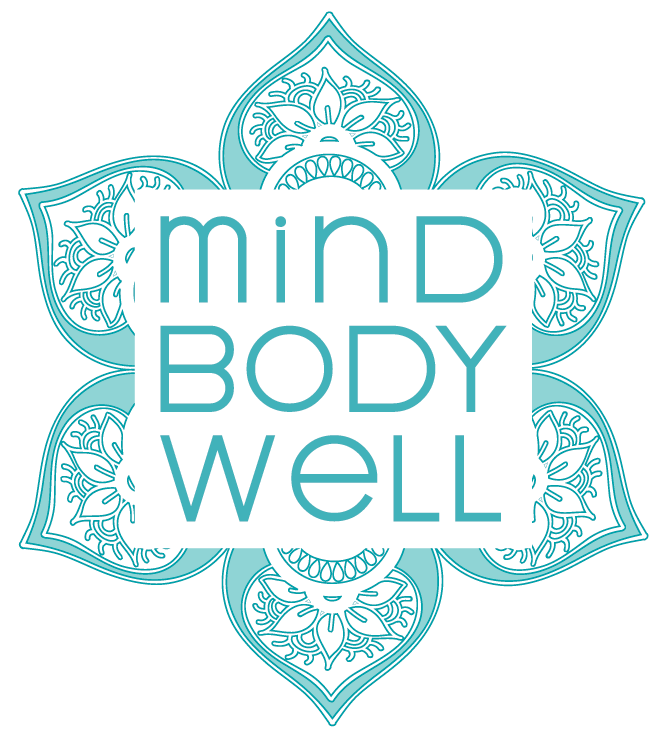Articles
February 16, 2023
The Mind Body Well team acknowledge the Australian Aboriginal and Torres Strait Islander peoples as the first inhabitants and traditional custodians of the lands on which we live and work. We pay our respects to Indigenous Elders past, present and emerging. Sovereignty has never been ceded. It always was and always will be, Aboriginal land.
